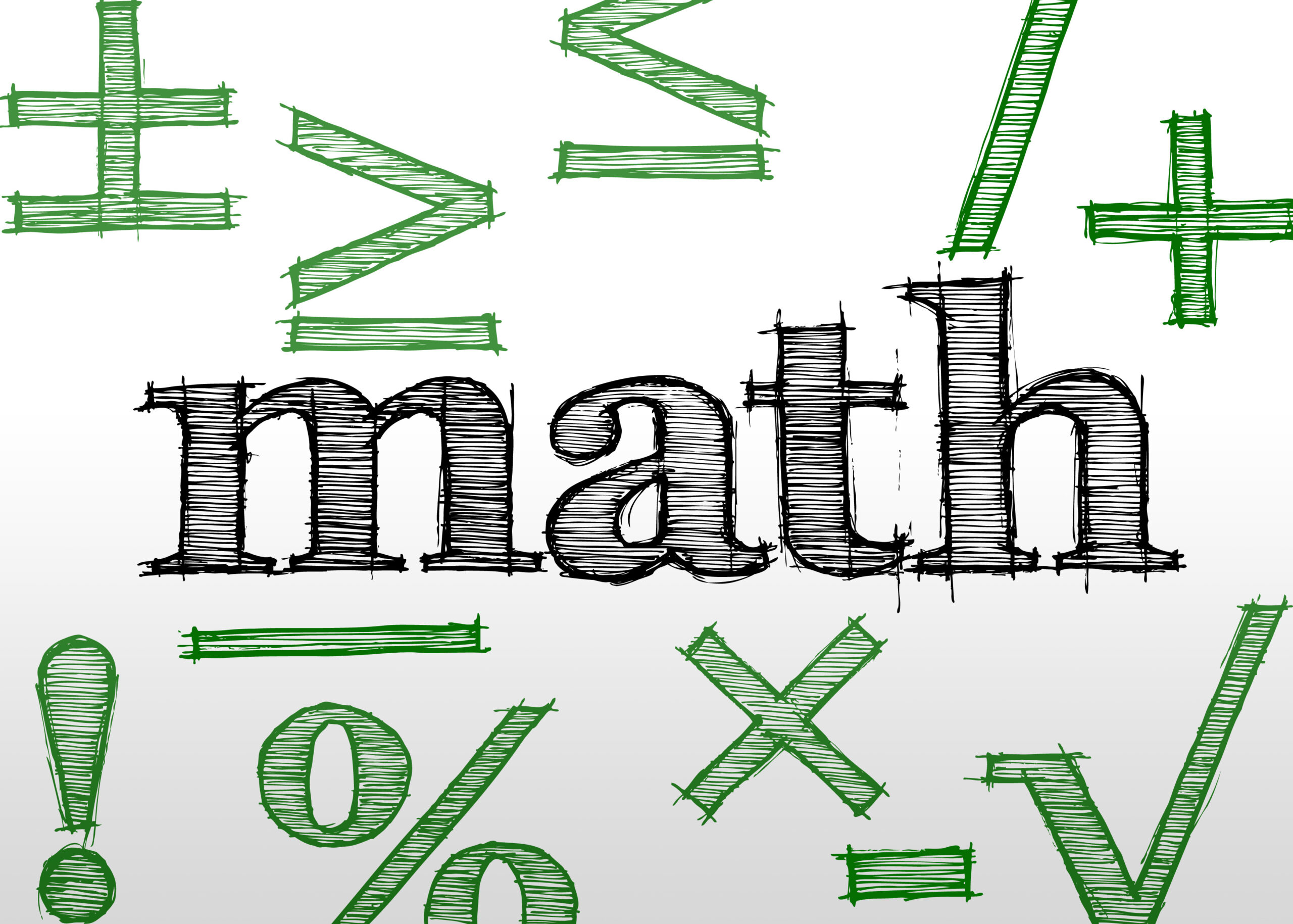In the interdisciplinary landscape of computer science, mathematics serves as a foundational pillar, underpinning algorithmic principles, enabling problem-solving capabilities, and fostering computational thinking. The symbiotic relationship between mathematics and computer science is deeply rooted in the abstract yet rigorous nature of mathematical theory and its practical applications in programming, data structures, and software development. Understanding which mathematical subjects are crucial for a career in computer science can illuminate pathways that not only facilitate technical proficiency but also enhance conceptual clarity. Here, we explore essential mathematical disciplines that budding computer scientists should consider studying, delving into their significance and implications.
1. Discrete Mathematics
At the helm of mathematical foundations for computer science lies discrete mathematics. This branch encompasses a breadth of topics including logic, set theory, combinatorics, and graph theory. It is pivotal for algorithm design and analysis, particularly in understanding computational complexity and the efficiency of algorithms. The investigation of finite structures offers insights into data organization, addressing problems ranging from network connectivity to scheduling. Furthermore, discrete mathematics lays the groundwork for cryptography, an indispensable element of information security, illustrating the importance of robust mathematical frameworks in safeguarding digital communication.
2. Linear Algebra
Transitioning from the discrete realms, linear algebra is essential when addressing problems involving vectors and matrices, which often arise in graphics programming, machine learning, and data analysis. Fundamental concepts such as vector spaces, transformations, and eigenvalues enable computer scientists to manipulate multidimensional data effectively. The matrix representation of linear equations proves invaluable in algorithmic contexts, particularly when optimizing complex systems. Moreover, the application of linear transformations in images and simulations highlights the profound connections between algebraic theory and practical computational problems.
3. Calculus
Calculus, the mathematical study of continuous change, is another pivotal discipline relevant to computer science. While its applications in computer science may not be as overt as in physics or engineering, concepts from differential and integral calculus are integral to optimization problems and resource management within algorithms. For instance, understanding limits and derivatives aids in the analysis of cost functions in machine learning models. Furthermore, calculus facilitates the comprehension of continuous data patterns, essential for developing algorithms that require real-time processing or analytical capabilities, such as those found in artificial intelligence and simulation modeling.
4. Probability and Statistics
In an era dominated by big data, the importance of probability and statistics cannot be overstated. Computer scientists often engage with uncertainty and variability, tasks that necessitate a firm grasp of probabilistic models and statistical inference. Mastery of concepts such as random variables, distributions, hypothesis testing, and regression is critical for data-driven decision making. In disciplines like machine learning and artificial intelligence, these statistical tools enable practitioners to build models that predict outcomes, identify trends, and glean insights from vast datasets. The profound interplay between chance and decipherable patterns serves as a compelling reason for the fascination with data analysis.
5. Mathematical Logic
Mathematical logic, the study of formal systems in mathematics, is often overlooked but possesses great significance for computer science. It establishes a framework for understanding algorithms and computational processes through formal languages and proof systems. The principles of logical reasoning underpin programming concepts such as Boolean algebra, an essential component in circuit design and computer architecture. Comprehending logical statements and their equivalences empowers computer scientists to devise efficient algorithms and to debug software, paving the way for verifiable and sound programming practices.
6. Number Theory
While number theory may appear esoteric, its practical applications in computer science are profound, particularly in cryptography. The study of prime numbers, modular arithmetic, and divisibility forms the backbone of encryption methods that secure electronic communications. The complexities of integer factorization and the intricacies of congruences lead to algorithms that are crucial for protecting sensitive information in an increasingly digital world. As data breaches and security threats escalate, knowledge of number theory becomes not merely academic but exceedingly relevant in safeguarding digital assets.
7. Graph Theory
Graph theory, an area of discrete mathematics, deserves special attention due to its extensive application in computer science. From networking algorithms to social network analysis, the study of graphs bridges the gap between abstract theory and real-world applications. Understanding concepts such as paths, cycles, and connectivity leads to efficient algorithms for routing, resource allocation, and data organization. The beauty of graph theory lies in its capacity to model complex relationships and systems, making it an indispensable tool for computer scientists aiming to solve intricate problems.
Conclusion
In conclusion, the pursuit of a career in computer science necessitates a robust mathematical foundation that transcends mere computational skills. Discrete mathematics, linear algebra, calculus, probability, statistics, mathematical logic, number theory, and graph theory each contribute unique insights and problem-solving methodologies that enhance one’s ability to innovate and drive technological advancement. This mathematical proficiency not only cultivates a deeper understanding of computational concepts but also enriches the intellectual curiosity that propels the field of computer science forward. As technology continues to shape our world, the intricate dance between mathematics and computer science remains a source of inspiration and complexity, inviting further exploration and discovery.












